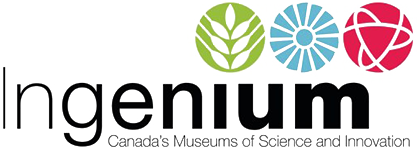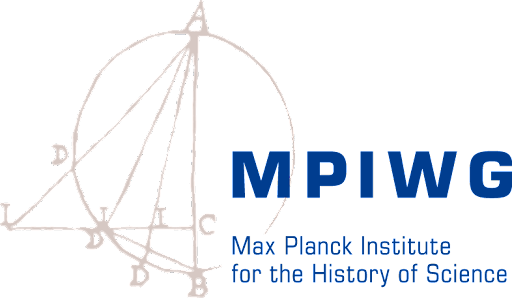Artefacts
Stethoscope
Stethoscope
“DR. CAMMANN’S/STETHOSCOPE” and “TIEMANN & CO.” stamped into one side of hinged bracket
UHN catalogue no. “X969.462 A” printed by hand in white ink on reverse side of bracket.
UHN catalogue no. “X969.462 B” printed by hand in white ink on chest piece, above threaded attachment point with bell flare.
UHN catalogue no. “X969.452 C” printed by hand in white ink on side edge.
35.8 cm length, 13.5 cm width, 2.2 cm height
Dull silver metal ear tubes and hinged bracket; off-white synthetic earbuds molded synthetic dark brown/black chest piece; dark brown/brown woven fiber covering on lower portion of tubing, connection earpiece arms and chest piece; medium brown gutta percha connectors link upper and lower portion of stethoscope. Dark brown/black molded synthetic chest piece extension.
Allows user to hear sounds from within the body. Especially used to listen to heart, pulse and lungs.
Part of a larger collection of medical artifacts, archival material and trade literature transferred to CSTM in 2002 from the former History of Medicine Museum in Toronto, Ontario.
Improved stethoscope designed by George P. Cammann of New York introduced in 1855 is very similar to this design. The large bell-shaped chest piece was often helf before the patient’s mouth while the chest was percussed, to amplify “cracked pot” sound. Smaller chest pieces were used for ordinary auscultation. George Tiemann was the first to manufacture to Cammann stethoscope. This example was probably produce c. 1860 or later: it features longer flexible tubes attached by gutta percha connectors to the binaural ear tubes. The two parts of the instrument could be detached for carrying: this example could not be detached at time of cataloguing.
© 2015 – 2025 Humboldt-Universität zu Berlin






